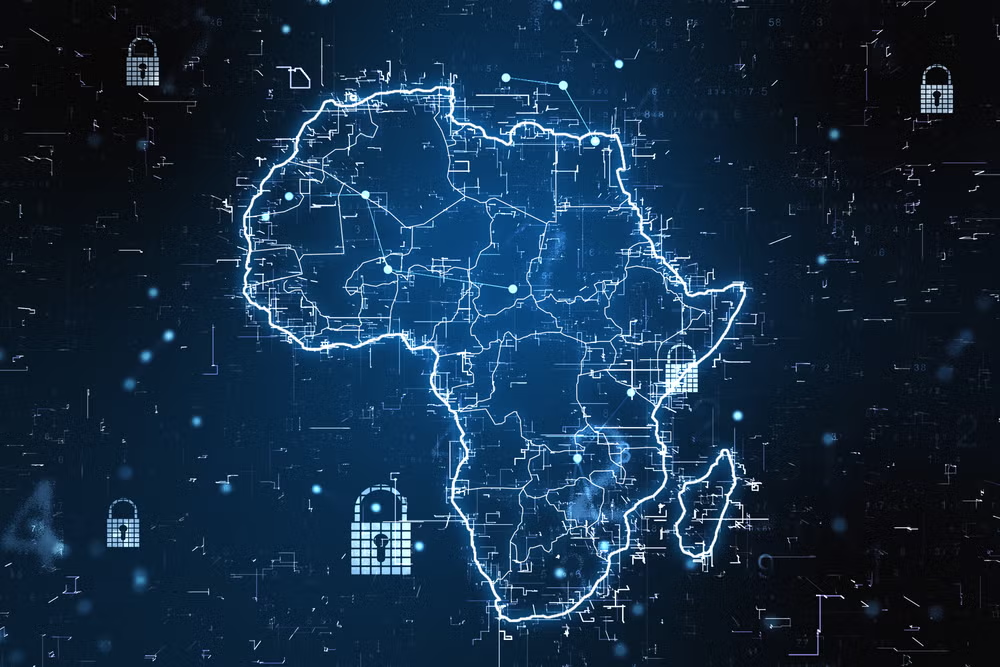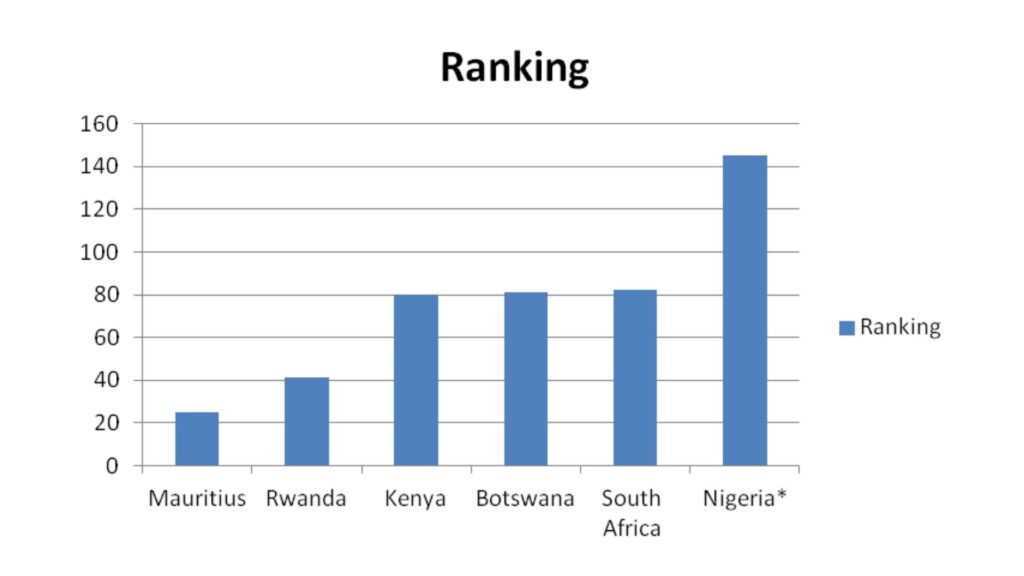African countries are struggling to combat a surge in cybercrime, which cost the continent more than $3 billion between 2019 and 2025, according to the 2025 “Africa Cyberthreat Assessment Report” by Interpol.
Despite increasing initiatives by stakeholders, efforts are being hampered by five major structural challenges, the international police organization said, noting that cybercrime has largely outpaced the legal systems designed to fight it.

Interpol found that 65% of countries reported making no updates to their cybercrime legislation in 2024, and more than 75% believe their legal frameworks and prosecution capabilities need improvement.
While international and regional instruments offer guidelines for strengthening laws, adoption remains limited. Only six African nations have ratified the comprehensive Budapest Convention on Cybercrime, and just 15 member states have ratified the African Union’s Malabo Convention, which focuses on cybersecurity and personal data protection.
Capacity and Skills Constraints
Most countries face difficulties enforcing existing laws. Interpol’s survey of African member countries showed that 90% of respondents rate their law enforcement or prosecution capabilities as insufficient.
Limitations cited include training needs, lack of resources, restricted access to specialized tools, technical skill gaps, inadequate infrastructure, and operational hurdles. The report noted that few national institutions have the necessary staff and equipment to respond in real-time, meaning criminal technologies utilizing the cloud, encrypted messaging, and international investigations often exceed the technical and procedural scope of local teams.
Cybercriminals are exploiting new tools and tactics, including Artificial Intelligence (AI), synthetic media, and disinformation, which are now exceeding the detection and intervention capabilities of national agencies.

In some countries, criminals have used deepfake videos or voice imitation for extortion, enabling credible impersonation, emotional manipulation, and blackmail without requiring advanced technical skills.
Interpol added that 86% of agencies surveyed for the report have not yet integrated AI into their counter-cybercrime operations. The organization warned that as attackers use AI to increase the scale and sophistication of their actions, this capability gap threatens to leave many national agencies behind.
Limited Cross-Border Cooperation and Intelligence Sharing
Cybercrime frequently crosses international borders, but effective international cooperation remains challenging. The survey indicated that 86% of agencies believe their cross-border cooperation capabilities must be improved, with 44% deeming major improvements necessary.
Major obstacles include slow judicial procedures, such as mutual legal assistance or extradition, legal discrepancies, a lack of robust operational networks and trust mechanisms, and difficulty accessing data and platforms hosted abroad.
Investigating cybercrime requires close cooperation with technology platforms, telecom operators, and financial institutions, according to Interpol. Yet, the organization reported that agencies struggle to establish these relationships. Vague communication channels, excessively long response times, and the absence of formal agreements limit the effectiveness of requests.
Many agencies also lack the technical and legal means to properly formulate their requests. Telecom and fintech providers remain insufficiently involved, despite their key role in frauds like SIM swap or mobile money abuse. This deficiency weakens national strategies, with 89% of African countries believing their cooperation with the private sector needs to be strengthened.
Isaac K. Kassouwi



